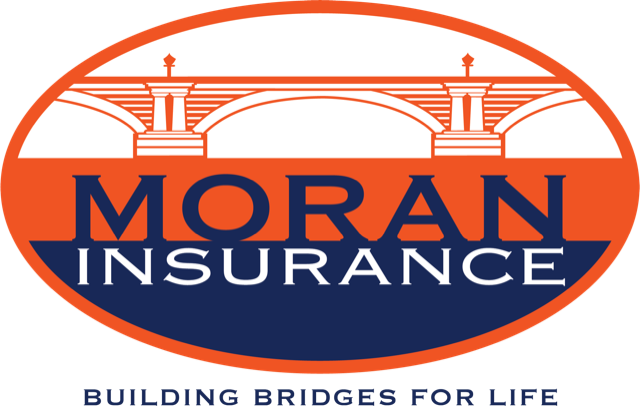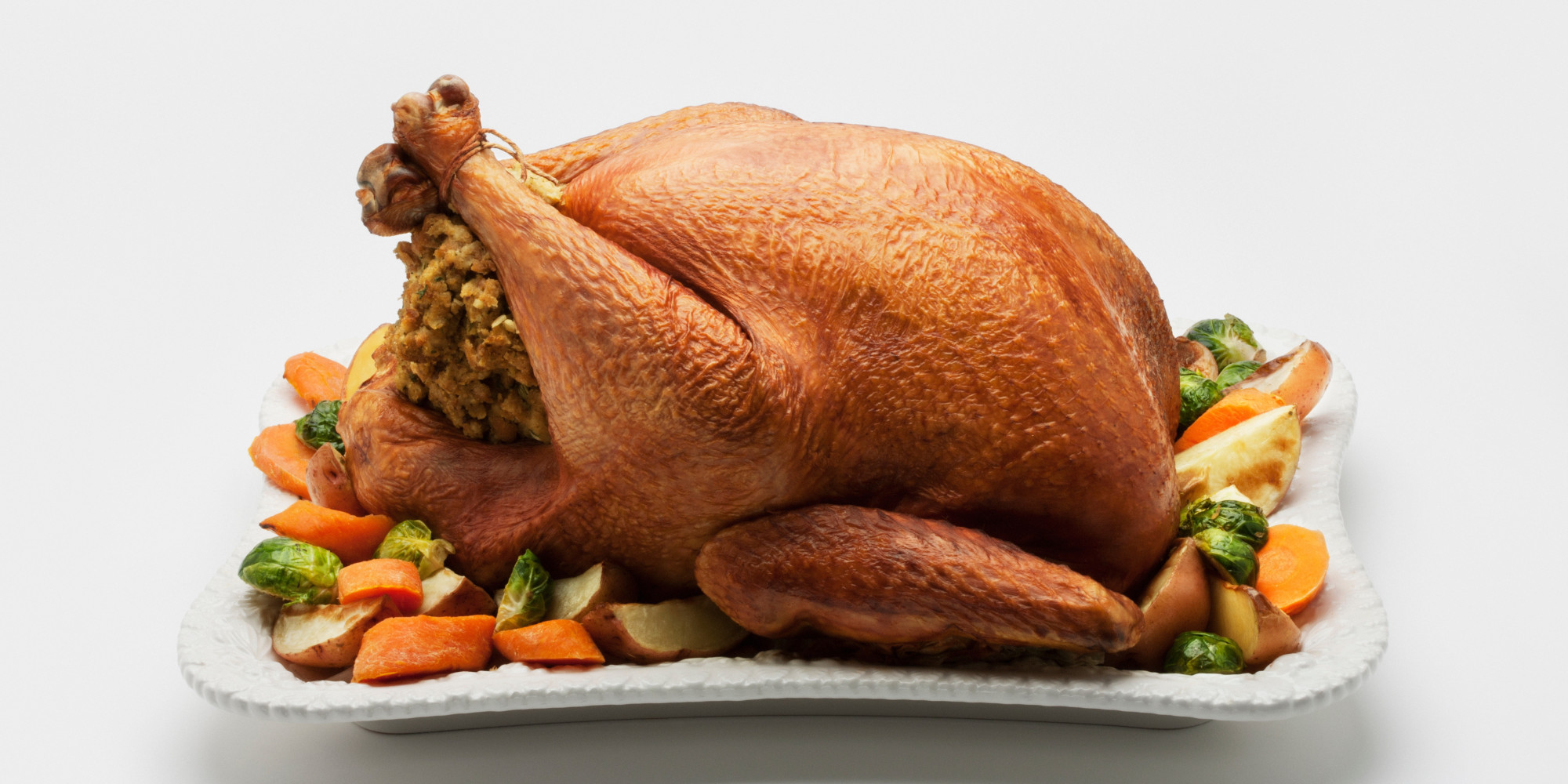Thanksgiving Safety Tips
Thanksgiving is a time for friends, family, and good food, but as you are checking your shopping lists, recipes, or directions to the spot where you will eat your Thanksgiving meal, keep these safety tips in mind.
Fire Safety
Each year there are more than 4,000 fires on Thanksgiving Day, according to the U.S Fire Administration.
To keep your home, friends and family safe, follow these tips:
- Make sure smoke detectors are working before starting your holiday cooking.
- Keep potholders and food wrappers at least three feet from heat sources in the kitchen.
- Avoid loose clothing and short sleeves when cooking.
- Turn off stoves, ovens and kitchen appliances when finished using them.
- Set timers to keep track of extended cooking times.
- Turn pot and pan handles inward on the stove, to avoid accidents.
- If deep-frying a turkey, keep your fryer outside and away from buildings and other flammable materials and do not overfill it with oil.
Food Safety (see more tips from the USDA):
- If thawing a turkey in the refrigerator, allow 24 hours for every five pounds.
- If using cold water for thawing, allow 30 minutes per pound.
- If microwaving to thaw out a turkey, cook immediately.
- For safety, stuffing a turkey is not recommended, cook stuffing separately instead.
- Throw out leftovers sitting at room temperature for more than two hours.
- Divide leftovers into covered, shallow containers, for more even cooling.
- Use refrigerated leftovers within three to four days.
Health Safety
Choking Emergency:
- If a person can cough, speak and has normal skin color, encourage them to cough to help clear their airway.
- If the person cannot breathe, speak or cough, call 911 right away and help clear their airway with these techniques.
Burn First Aid:
- Cool off the burn with a cloth soaked in water.
- After the burn has been cooled, cover it loosely with a bandage or clean cloth.
- Take an over-the-counter pain reliever such as ibuprofen, naproxen or acetaminophen for pain.
- Watch for signs of a burn infection requiring medical attention, including increased redness, swelling, oozing and pain in the affected area.
- For major burns, call 911. Burns that result from chemicals or electricity also require immediate attention.



